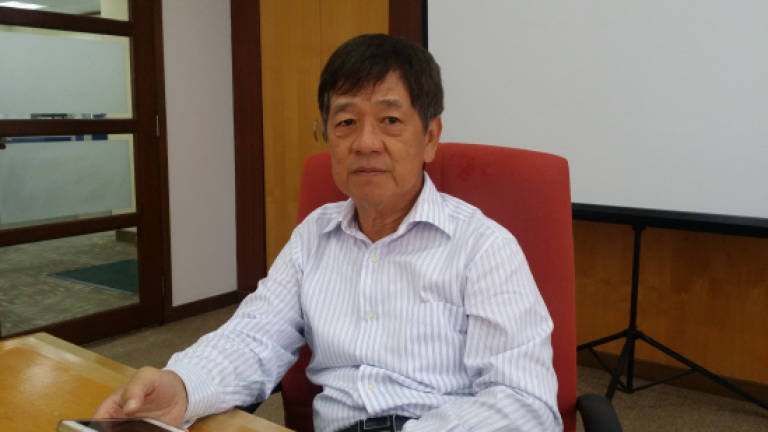Oceancash Pacific to make a bigger splash

BANGI: Felt and non-woven product manufacturer Oceancash Pacific Bhd has set a target of achieving an annual turnover of RM100 million within the next three years in line with increased demand for its products.
"We should cross RM80 million (in revenue) this year," chairman and CEO Tan Siew Chin told SunBiz in a recent interview.
Oceancash reported a 24.43% drop in net profit to RM4.91 million for the financial year ended December 31, 2014 from RM6.50 million a year ago, due to a RM1.7 million write off from the cessation of a production line under the PE division, which had been making losses over the last few years.
Revenue, meanwhile, rose 6.16% from RM68.58 million to RM72.81 million.
For the current financial year ending December 31, 2015, Tan is confident that the company will register better results, in particular with better growth prospects for the non-woven segment.
"Our business prospects for this year and next year should be good as we expanded into Indonesia four years ago," he said.
Oceancash's first-quarter net profit for the first quarter ended March 31, 2015 jumped 24.18% to RM2.22 million from RM1.79 million in the previous corresponding period.
Oceancash manufacturers and exports resinated and thermoplastic felts, noise and carpet underlays as well as non-vowen products that are used in baby diapers and sanitary cloth products,
Currently it has two production lines in Indonesia for the felt business, which has a monthly production capacity of 150 tonnes per line.
The company has spent RM25 million on the expansion of its Jakarta plant for land, factory building as well as the production lines.
For Malaysia, in which it operates two production lines as well, it garners a 60% market share, said Tan.
Besides that, Oceancash is transferring a production plant to Thailand to cater to the huge automotive market there and is expected to start operations by end of this year, with a monthly production capacity of 150 tonnes. The investment cost is about RM1 million for the venture.
He said felts are mostly exported to markets like Thailand, Taiwan, the Philippines and Australia.
"We're still trying to grow within these four countries, especially Thailand as it has the biggest automotive assembly plants in Southeast Asia," Tan noted.
He expects the felt business to contribute 40% to the group's topline this year, driven by higher sales volume, in particular from the Indonesian market.
Tan explained that the business is quite stagnant in Malaysia and is not expected to register a significant growth, with 500,000 to 600,000 new cars registered annually.
He is of the view that the Indonesian and Thai market would offer more business opportunities for the company.
"In Indonesia, we're trying to find more new customers…We're a second-tier supplier to automotive, we don't supply to assembly plants directly, that's the role we play, it's more comfortable for us," he noted.
As for non-woven business, Oceancash has five production lines at present, with a production capacity of 100 tonnes per month for each production line.
The company exports 80% of its non-woven products, with Japan being the biggest customer, followed by Thailand, South Korea, China and Indonesia.
"The growth potential is greater in non-woven business over the next five years because the use of this hygienic product is always increasing, unlike car (the felt business) is a big-ticket item and is subject to the macro economy," Tan said.
He said profit margins for the felt segment are slightly higher than the non-woven division, but the non-woven segment contributes more to the company's topline.
Tan also pointed out that Japanese customers have been sourcing more from Southeast Asia following tension between Japan and China in recent years.
"They used to buy quite a fair bit from China, but because of the (strained) relationship, they are slowly (turning) to Southeast Asia. (They are also doing this to) spread their risk because of earthquake and tsunami, so they would not depend a lot on their domestic supply, so we've been the direct beneficiary of all these events," Tan explained.
He said there is less competition in the industry it is in as it's not only about cost of investment, but also technical know-how, which is not easy to start off.